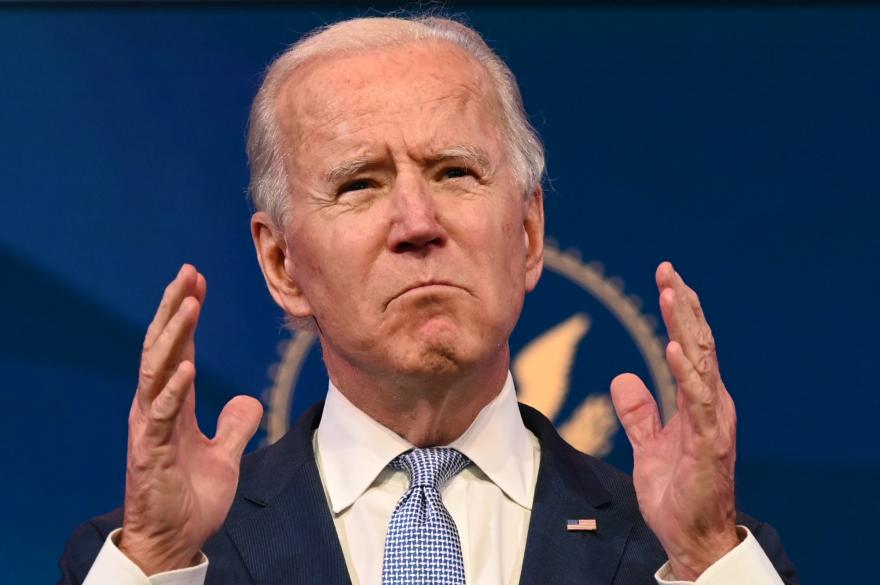Eslam Mohamed
Following the end of former US President Donald Trump’s term, it seems that the Iranian regime’s optimism was exaggerated despite the different approach of the new US administration, but the road to returning to the nuclear agreement does not seem paved with roses, as the new administration is determined to confront Iranian terrorism in the Middle East and stop its expansion in the region.
Speaking about the features of the new administration’s foreign policy, US Secretary of State Anthony Blinken affirmed that the Biden administration will seek to reach a longer and stronger nuclear agreement with Iran, describing the 2015 agreement as a “platform” for the launch towards an agreement that includes other issues, extending to Iran’s missile program and its activities in the region.
Despite the ambiguity that still surrounds some aspects of Biden’s agenda towards Iran and a return to the nuclear agreement, Treasury Secretary Janet Yellen confirmed that the new administration will review the sanctions imposed on Iran to ensure their effectiveness, stressing that the Treasury is seeking to continue fighting Tehran’s support of terrorism.
Just two days after Biden assumed office, Iranian Foreign Minister Mohammad Javad Zarif published an article in Foreign Affairs magazine about his country’s view of how to save the agreement, which has become threatened since the United States unilaterally withdrew from it in 2018.
Zarif said that the new government in Washington must make a basic choice of whether to adopt the failed Trump administration’s policies and continue along the path of contempt for international cooperation and law or for Biden to choose a better path by ending the failed maximum pressure policy adopted by Trump and returning to the agreement.
The Zarif article added that, in this case, Iran would in turn return to the full implementation of its obligations contained within the nuclear deal, but if Washington insists on extracting concessions, this opportunity will be lost.
He indicated that the new US government could still salvage the agreement, but that this would only happen if it was able to provide real political will in Washington that would demonstrate that the United States is prepared to be a reliable partner in a collective endeavor.
Zarif added that the Biden administration should begin by unconditionally lifting all the sanctions imposed since Trump took office.
It is worth noting that the nuclear agreement guaranteed Iran of an easing of the international sanctions imposed on it in exchange for a significant reduction in its nuclear program and providing guarantees that it did not intend to develop a nuclear bomb, but the agreement has been in threat since the United States unilaterally withdrew from it in 2018 under the Trump administration, which then reinstated harsh sanctions on Tehran. The return of the sanctions caused the stagnation of Iran’s economy, which has gradually entered into stagnation since 2019.
Biden considers his predecessor’s policy towards Iran a failure and has expressed his intention to return his country to the agreement, but he stipulated that Iran return to its obligations, while Tehran has called for the United States to first lift all the sanctions and honor all its commitments.








































admin in: How the Muslim Brotherhood betrayed Saudi Arabia?
Great article with insight ...
https://www.viagrapascherfr.com/achat-sildenafil-pfizer-tarif/ in: Cross-region cooperation between anti-terrorism agencies needed
Hello there, just became aware of your blog through Google, and found ...